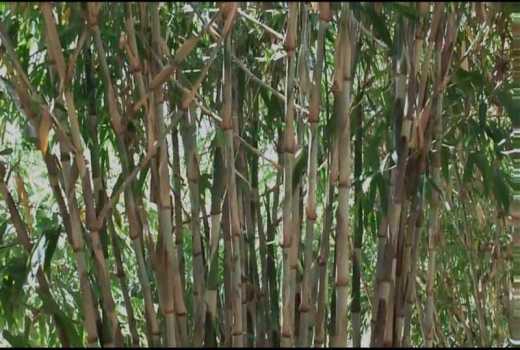×
The Standard e-Paper
Stay Informed, Even Offline

For 10 years, Taratisio Ireri grew maize and beans like other farmers in Karurumo, Embu County. The fertile Karurumo produces succulent mangoes.
Ireri also grew mangoes as his cash crop but for some reason, the mango business never broke even.